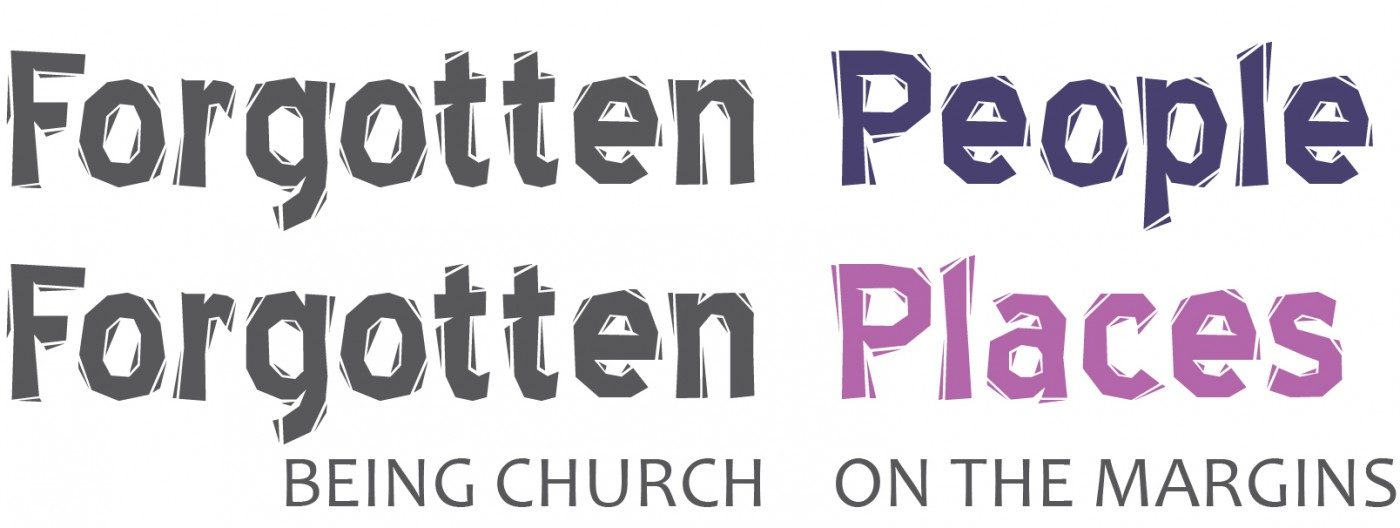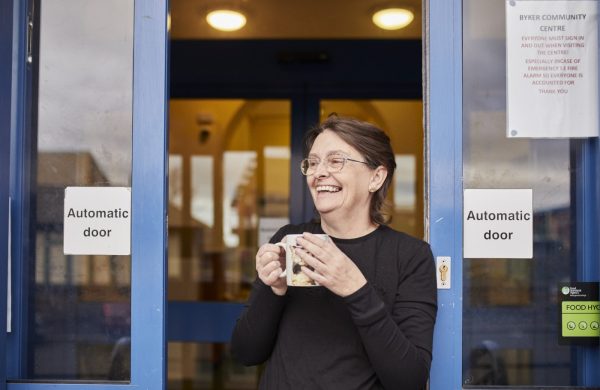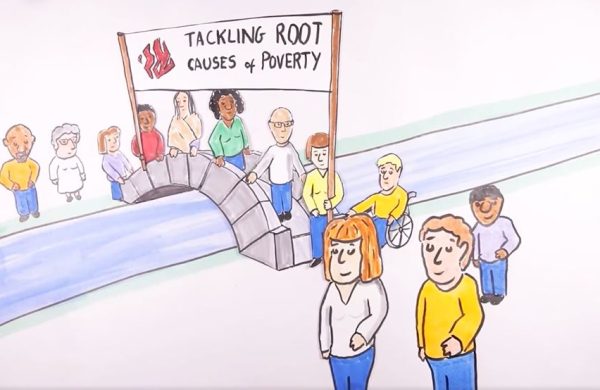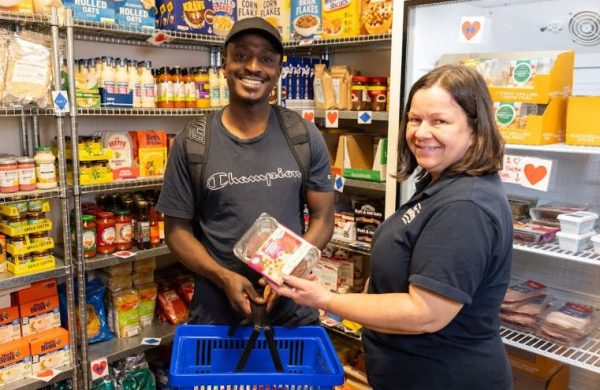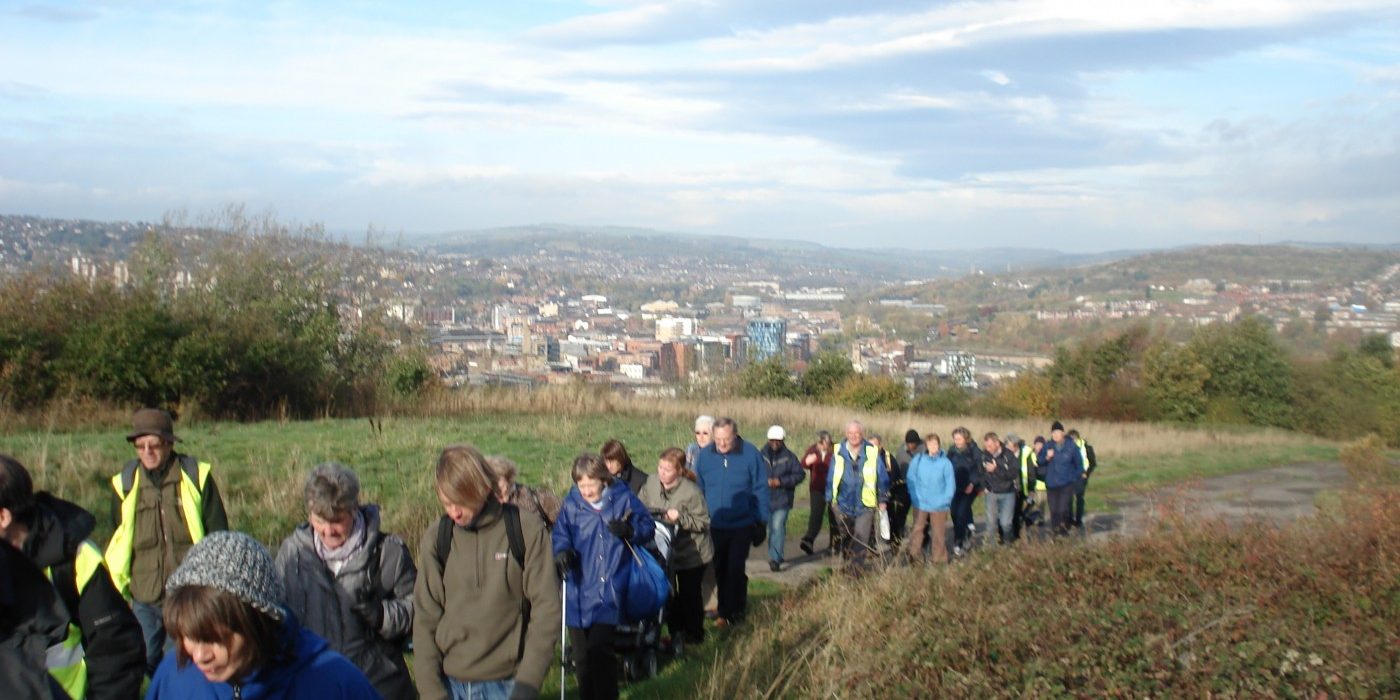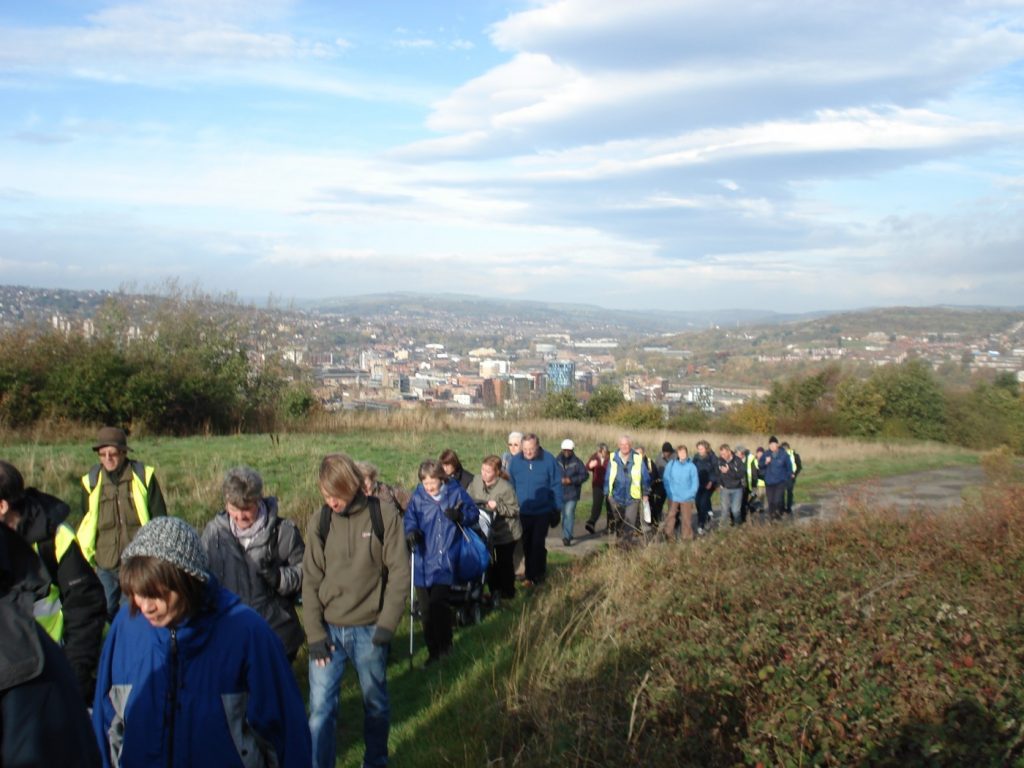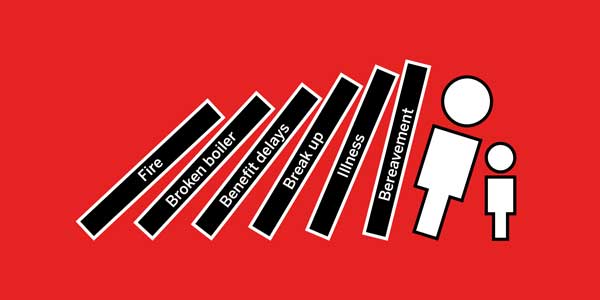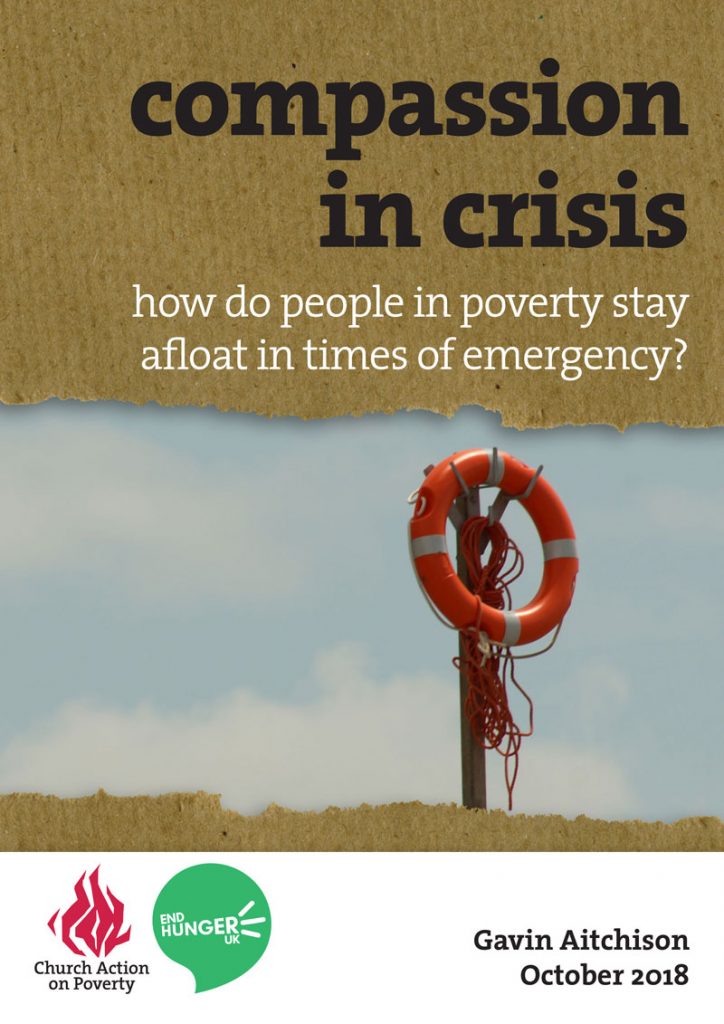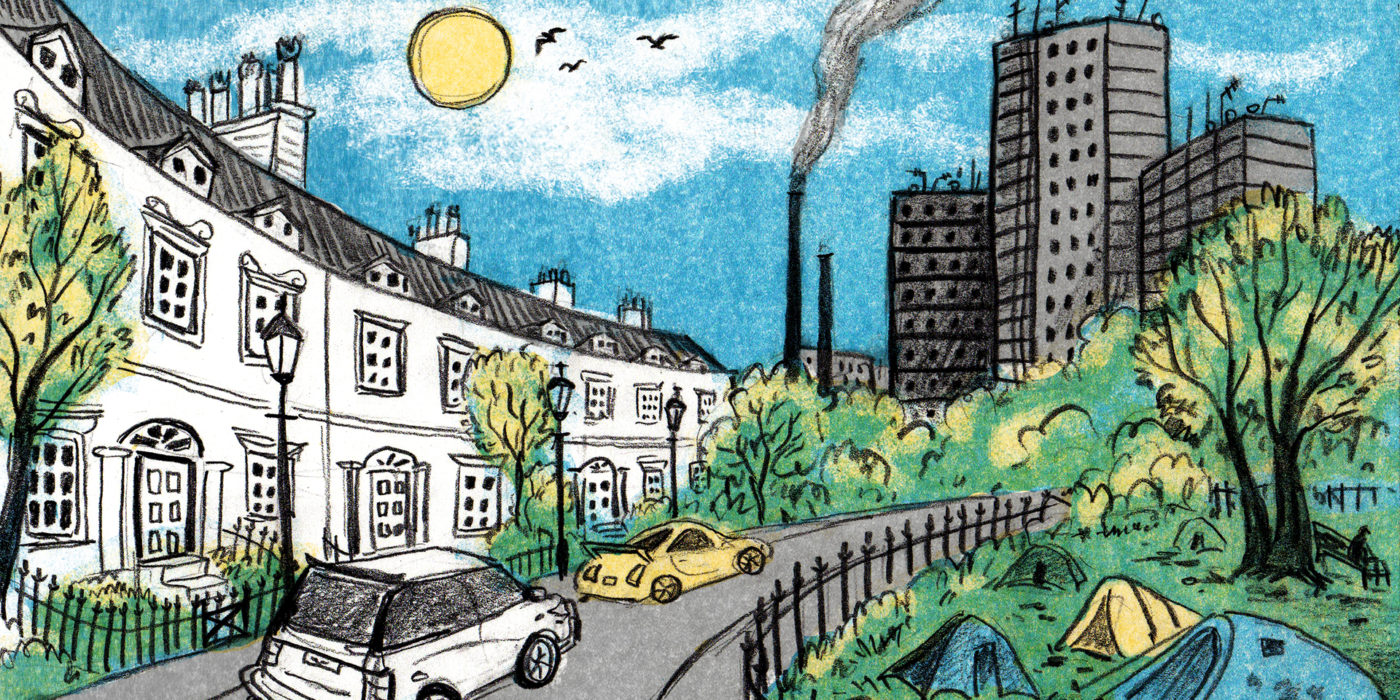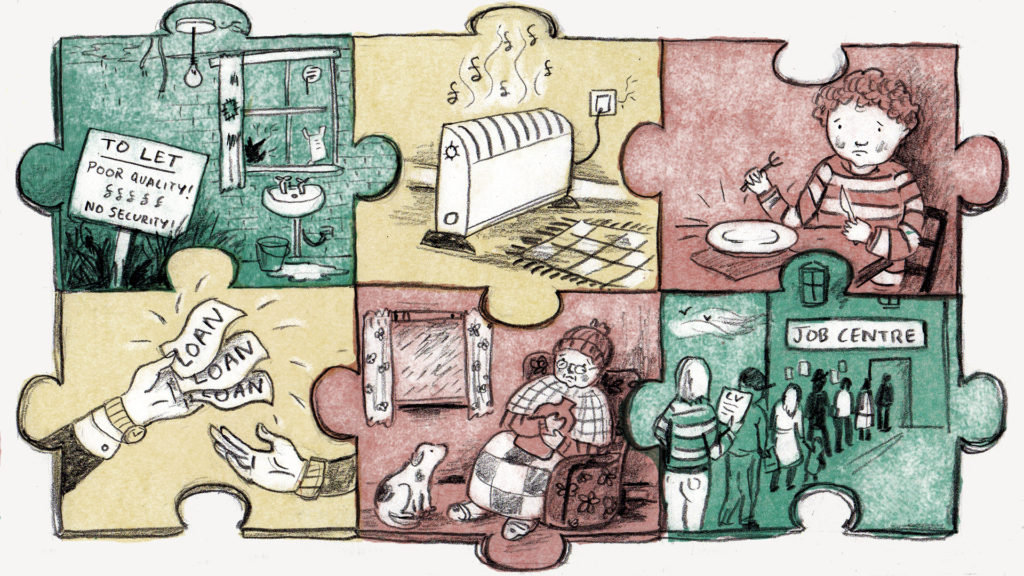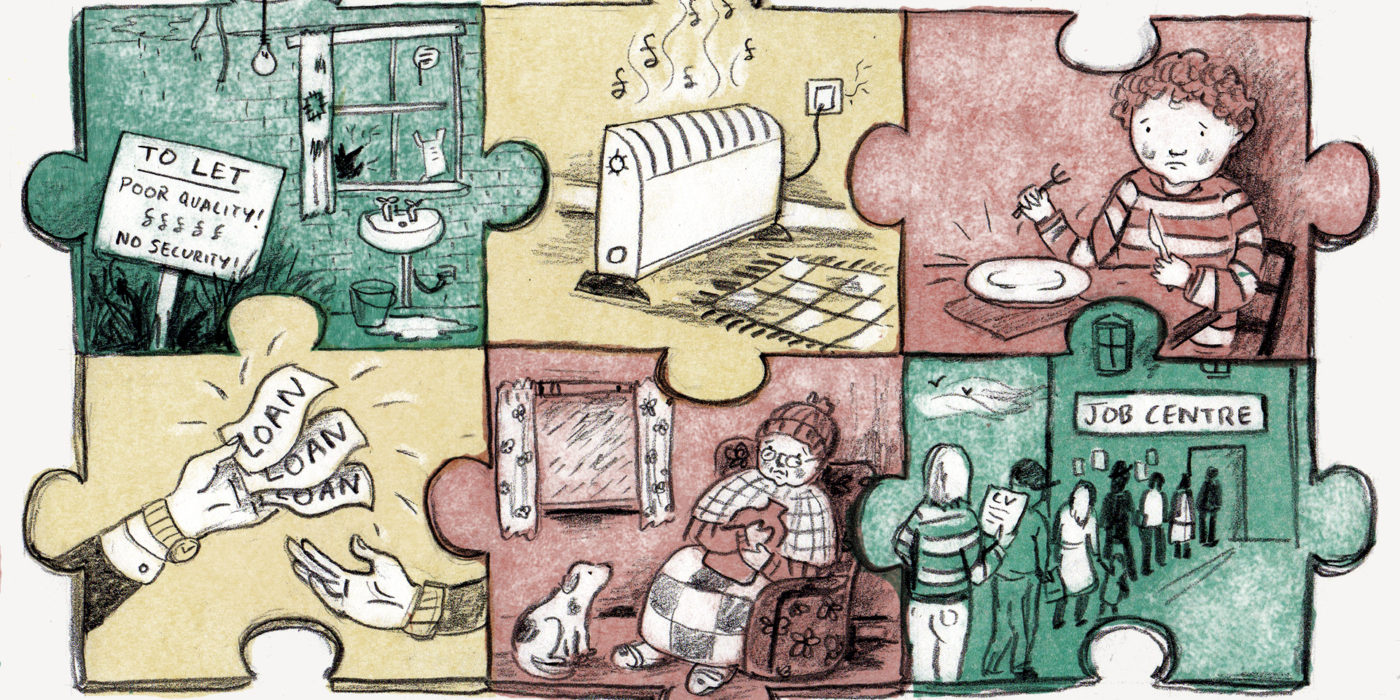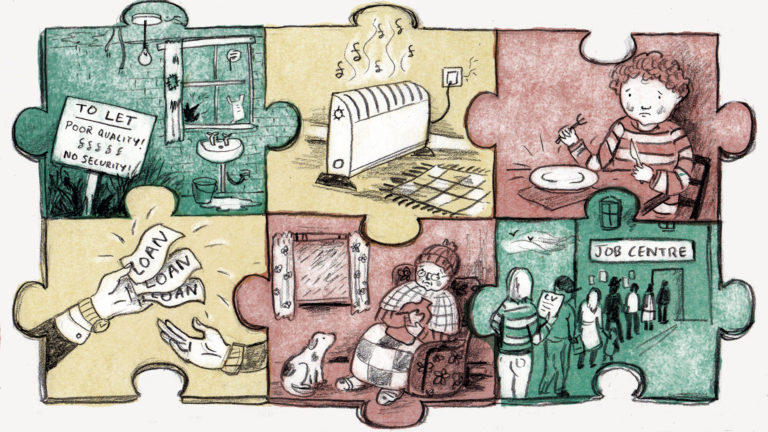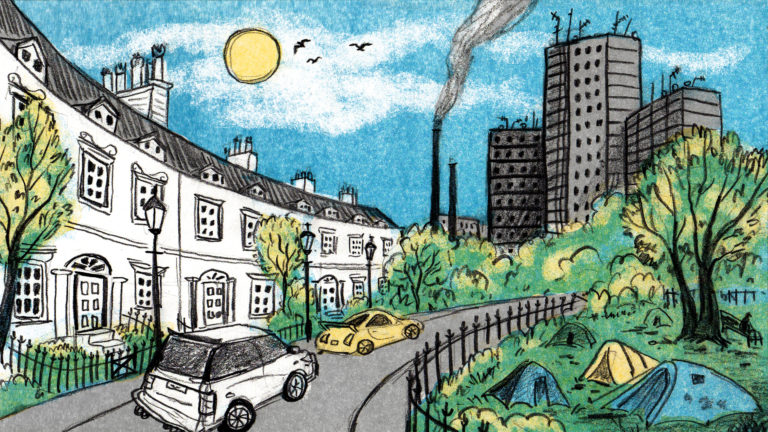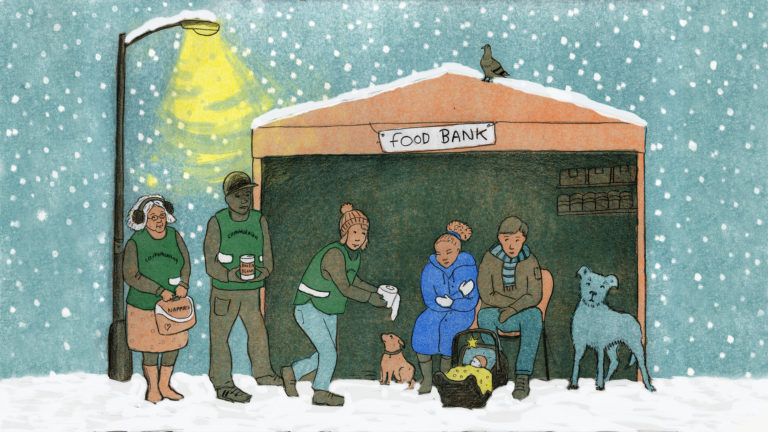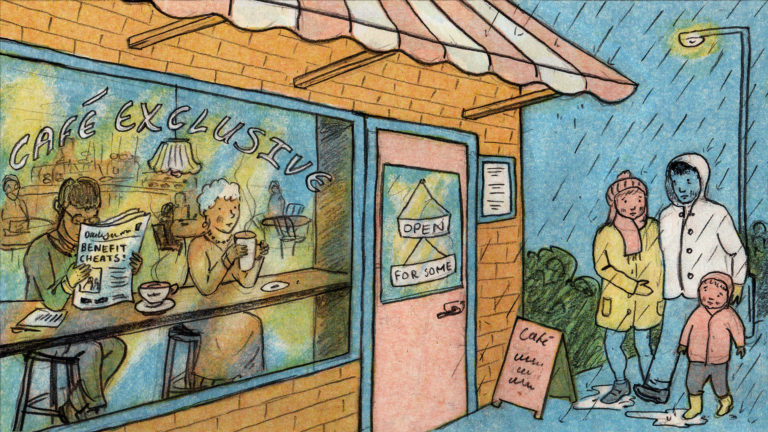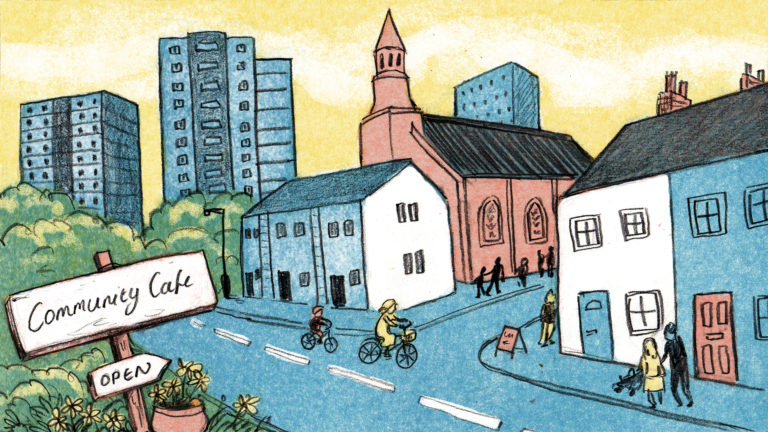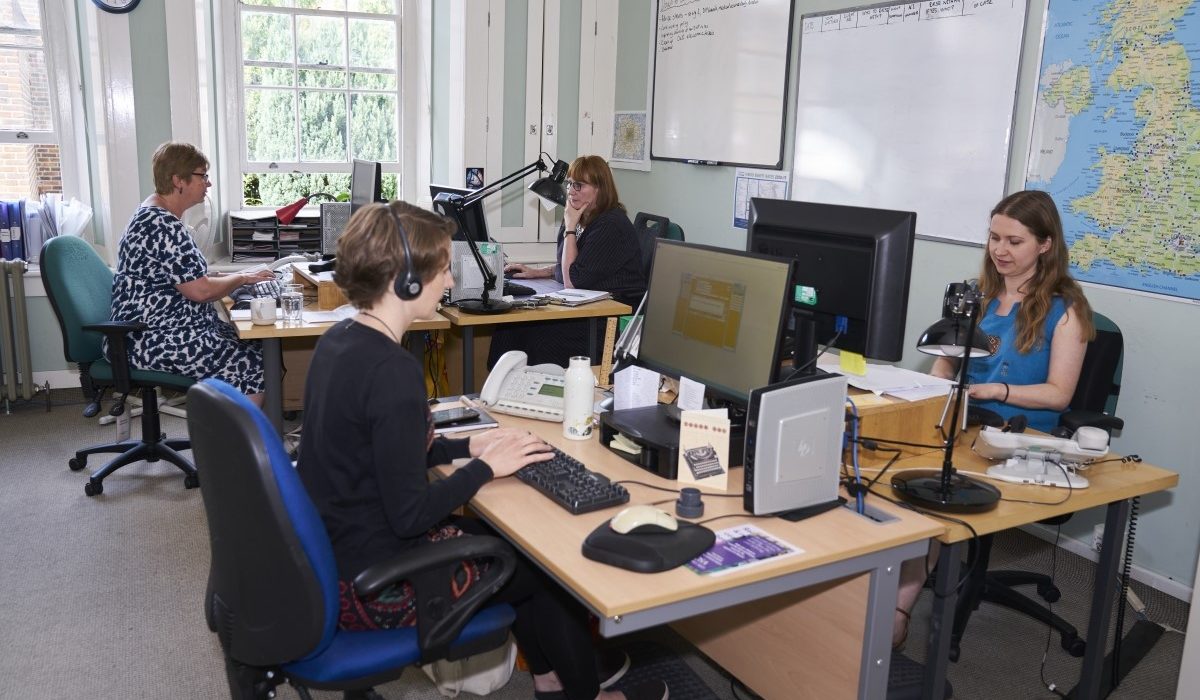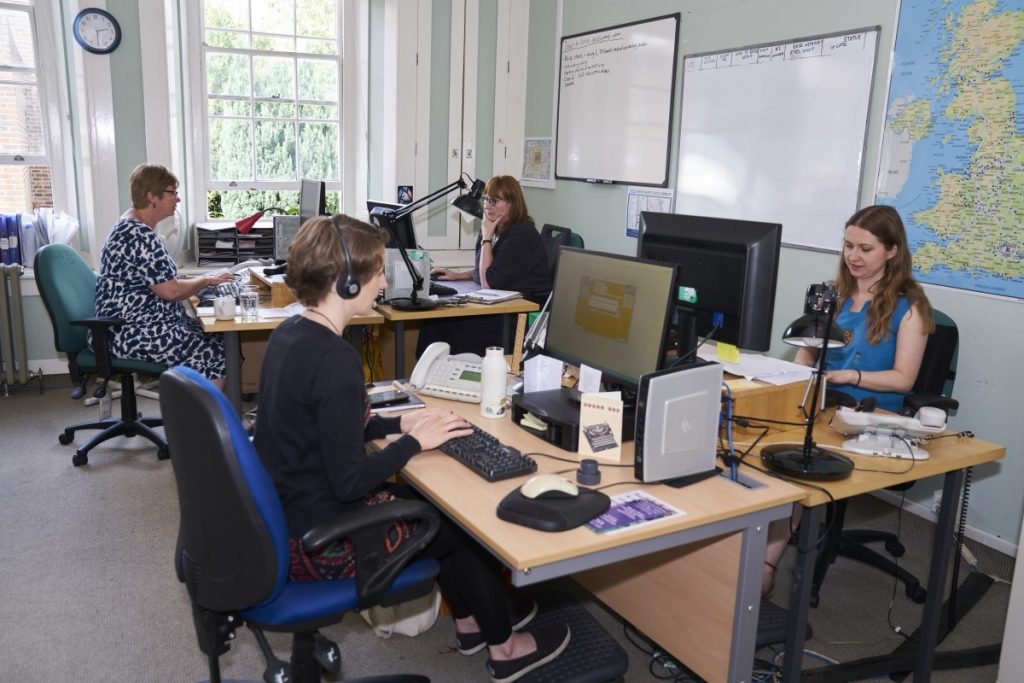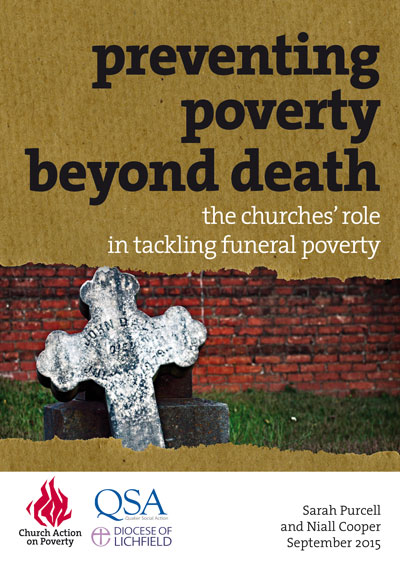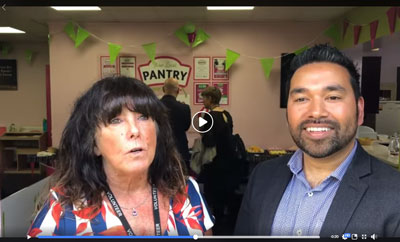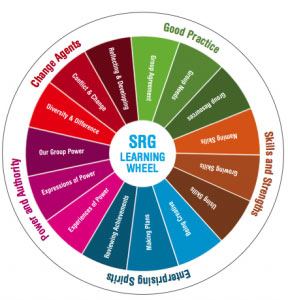See videos of some powerful talks about being church on the margins.
In summer 2019, Church Action on Poverty was a partner in the National Justice and Peace Network’s annual conference, on the theme ‘Forgotten People, Forgotten Places’. We shared stories and explored ideas from our own ‘Church on the Margins’ programme.
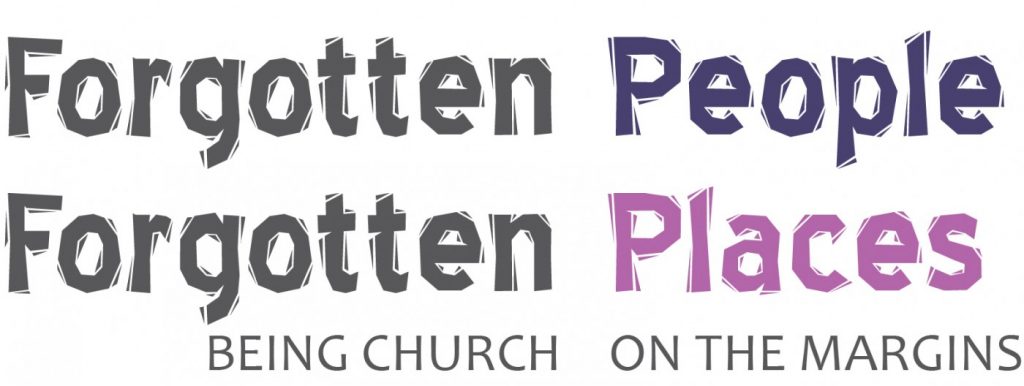
NJPN have now shared videos of two of the talks at the event – watch them here:
Professor Anthony Reddie talked about ‘Theologising Brexit: Deconstructing the Myths of Racial Purity. White Marginalisation and Urban Poverty in Britain’.
Deirdre Brower Latz talked about ‘Re-membered People, Re-imagined Places: Being Church on the Margins’.
Catholic Social Teaching and human dignity
Watch a talk given by theologian Anna Rowlands at the 2022 AGM of our North East group https://youtu.be/HS7Y2ErFRJU This talk was recorded on 20 October …
How to unlock poverty for families like Carlie’s
Carlie tells of her experience of poverty, and the systems that do (or don’t) support families with additional needs What does poverty look like today? …
3 ways church leaders can truly transform poverty discussions
What happens when we truly listen to voices that have been ignored? What ideas emerge, what issues are raised, and what do we learn? This …
SPARK newsletter autumn 2022
Click on the right to download the autumn 2022 issue of SPARK, our newsletter for supporters of Church Action on Poverty. Download newsletter
A new partnership to support communities
Church Action on Poverty has entered a major new partnership with Co-op which will help improve household finances, whilst bringing people together around food.
Letter to the Prime Minister: more cost of living support is urgently needed
On 21 September 2022, Church Action on Poverty and over 50 other faith, charity and organisational leaders signed an open letter to the Prime Minister, …
New Year’s Honour for inspiring campaigner Penny
Compassionate community campaigner, Penny Walters, has been awarded the British Empire Medal in the New Year Honours list. The award …
Meet our five new trustees
Five new trustees have joined the council of management of Church Action on Poverty, bringing fresh skills, insights, ideas and …
Feeding Britain & YLP: Raising dignity, hope & choice with households
Your Local Pantry, Feeding Britain and others are working together to prevent hunger, offer dignity and choice, and co-design a …

